Add to Wishlist
Fundamentals Of Organic Farming
By Val Stevens
Publisher: Alexis Press LLC
$135.00
ISBN 13: 979-8-89143-208-6
YEAR: 2024
eBOOK
Instant Delivery
SKU:
ALX-AG-208-6
Category:
Agriculture
Additional information
| Access Type | Download eBook, Read Only |
|---|
Be the first to review “Fundamentals Of Organic Farming” Cancel reply
You must be logged in to post a review.
Purchase now to read the book online.
Select optionsRelated products
Agricultural Soil Science
$135.00
Prior to the development of pedology in the 19th century, agricultural soil science was the only branch of soil science. The bias of early soil science toward viewing soils only in terms of their agricultural potential continues to define the soil science profession in both academic and popular settings as of 2006.
Agricultural Soil Science
$135.00
Prior to the development of pedology in the 19th century, agricultural soil science was the only branch of soil science. The bias of early soil science toward viewing soils only in terms of their agricultural potential continues to define the soil science profession in both academic and popular settings as of 2006.
Agricultural Technology
$135.00
A major turning point for agricultural technology is the Industrial Revolution, which introduced agricultural machinery to mechanize the labor of agriculture, greatly increasing farm worker productivity. In modern mechanized agriculture powered machinery has replaced many farm jobs formerly carried out by manual labor or by working animals such as oxen, horses, and mules. Advances in the 19th century included the development of modern weather forecasting and the invention of barbed wire. Improvements to portable engines and threshing machines led to their widespread adoption.
Agricultural Technology
$135.00
A major turning point for agricultural technology is the Industrial Revolution, which introduced agricultural machinery to mechanize the labor of agriculture, greatly increasing farm worker productivity. In modern mechanized agriculture powered machinery has replaced many farm jobs formerly carried out by manual labor or by working animals such as oxen, horses, and mules. Advances in the 19th century included the development of modern weather forecasting and the invention of barbed wire. Improvements to portable engines and threshing machines led to their widespread adoption.
Agricultural Economics
By Brook Fraser
$135.00
Agricultural economics is an applied field of economics concerned with the application of economic theory in optimizing the production and distribution of food and fiber products. Agricultural economics began as a branch of economics that specifically dealt with land usage.
Agricultural Economics
By Brook Fraser
$135.00
Agricultural economics is an applied field of economics concerned with the application of economic theory in optimizing the production and distribution of food and fiber products. Agricultural economics began as a branch of economics that specifically dealt with land usage.
The Science Of Vegan Food
$135.00
Agricultural Production
$135.00
Agricultural production has always involved the exploitation of resources such as soil, water, and energy. Increasing production to feed a growing world population while at the same time conserving resources for future generations has led to a search for ‘sustainable’ agricultural methods. Farm managers must take a long-term view when making decisions about which technologies to follow and what commodities to produce while still generating sufficient profits in the short run to earn a living. Farm managers must also be aware of possible trends in climatic conditions, and learn how to adapt their production methods accordingly.
Agricultural Production
$135.00
Agricultural production has always involved the exploitation of resources such as soil, water, and energy. Increasing production to feed a growing world population while at the same time conserving resources for future generations has led to a search for ‘sustainable’ agricultural methods. Farm managers must take a long-term view when making decisions about which technologies to follow and what commodities to produce while still generating sufficient profits in the short run to earn a living. Farm managers must also be aware of possible trends in climatic conditions, and learn how to adapt their production methods accordingly.
History Of Agriculture
$135.00
Agriculture began independently in different parts of the globe and included a diverse range of taxa. At least eleven separate regions of the Old and New World were involved as independent centers of origin. The development of agriculture about 12,000 years ago changed the way humans lived. They switched from nomadic hunter- gatherer lifestyles to permanent settlements and farming.
History Of Agriculture
$135.00
Agriculture began independently in different parts of the globe and included a diverse range of taxa. At least eleven separate regions of the Old and New World were involved as independent centers of origin. The development of agriculture about 12,000 years ago changed the way humans lived. They switched from nomadic hunter- gatherer lifestyles to permanent settlements and farming.
Bakery: Agriculturally Based Manufacturing Industry
By Vic Harvey
$135.00
Because of the fame of the art of baking, around 300 BC, baking was introduced as an occupation and respectable profession for Romans. Bakers began to prepare bread at home in an oven, using mills to grind grain into flour for their bread. The demand for baked goods persisted, and the first bakers' guild was established in 168 BC in Rome. The desire for baked goods promoted baking throughout Europe and expanded into eastern parts of Asia. Bakers started baking bread and other goods at home and selling them on the streets. Baked goods have been around for thousands of years. The art of baking was developed early during the Roman Empire. It was a highly famous art as Roman citizens loved baked goods and demanded them frequently for important occasions such as feasts and weddings.
Bakery: Agriculturally Based Manufacturing Industry
By Vic Harvey
$135.00
Because of the fame of the art of baking, around 300 BC, baking was introduced as an occupation and respectable profession for Romans. Bakers began to prepare bread at home in an oven, using mills to grind grain into flour for their bread. The demand for baked goods persisted, and the first bakers' guild was established in 168 BC in Rome. The desire for baked goods promoted baking throughout Europe and expanded into eastern parts of Asia. Bakers started baking bread and other goods at home and selling them on the streets. Baked goods have been around for thousands of years. The art of baking was developed early during the Roman Empire. It was a highly famous art as Roman citizens loved baked goods and demanded them frequently for important occasions such as feasts and weddings.
Green Revolution
By Rene Holland
$135.00
Green Revolution, the great increase in the production of food grains that resulted in large part from the introduction into developing countries of new, high-yielding varieties, beginning in the mid-20th century. Its early dramatic successes were in Mexico and the Indian subcontinent. The new varieties require large amounts of chemical fertilizers and pesticides to produce their high yields, raising concerns about cost and potentially harmful environmental effects. Poor farmers, unable to afford the fertilizers and pesticides, have often reaped even lower yields with these grains than with the older strains, which were better adapted to local conditions and had some resistance to pests and diseases.
Green Revolution
By Rene Holland
$135.00
Green Revolution, the great increase in the production of food grains that resulted in large part from the introduction into developing countries of new, high-yielding varieties, beginning in the mid-20th century. Its early dramatic successes were in Mexico and the Indian subcontinent. The new varieties require large amounts of chemical fertilizers and pesticides to produce their high yields, raising concerns about cost and potentially harmful environmental effects. Poor farmers, unable to afford the fertilizers and pesticides, have often reaped even lower yields with these grains than with the older strains, which were better adapted to local conditions and had some resistance to pests and diseases.
Advances in Agronomy
$135.00
Agronomy is the science and technology of producing and using plants by agriculture for food, fuel, fiber, chemicals, recreation, or land conservation. Agronomy has come to include research in plant genetics, plant physiology, meteorology, and soil science. It is the application of a combination of sciences such as biology, chemistry, economics, ecology, earth science, and genetics. Professionals of agronomy are termed agronomists.
Advances in Agronomy
$135.00
Agronomy is the science and technology of producing and using plants by agriculture for food, fuel, fiber, chemicals, recreation, or land conservation. Agronomy has come to include research in plant genetics, plant physiology, meteorology, and soil science. It is the application of a combination of sciences such as biology, chemistry, economics, ecology, earth science, and genetics. Professionals of agronomy are termed agronomists.
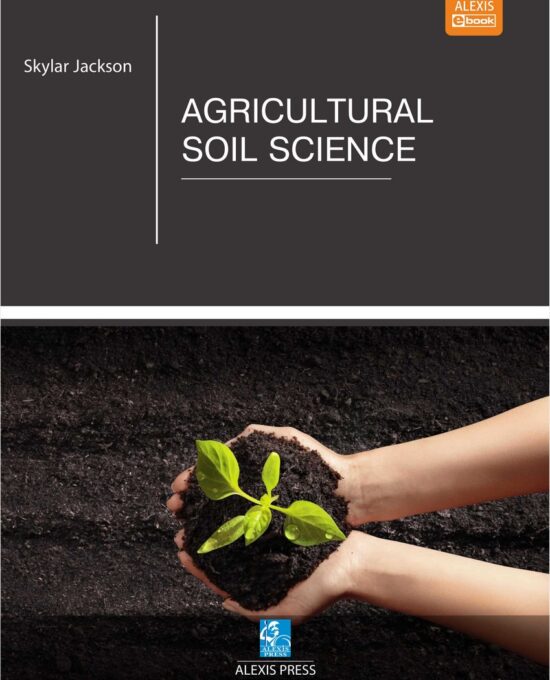

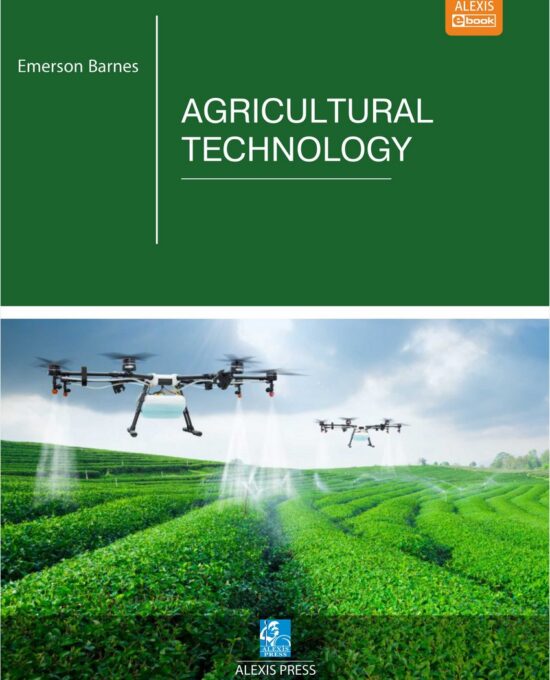

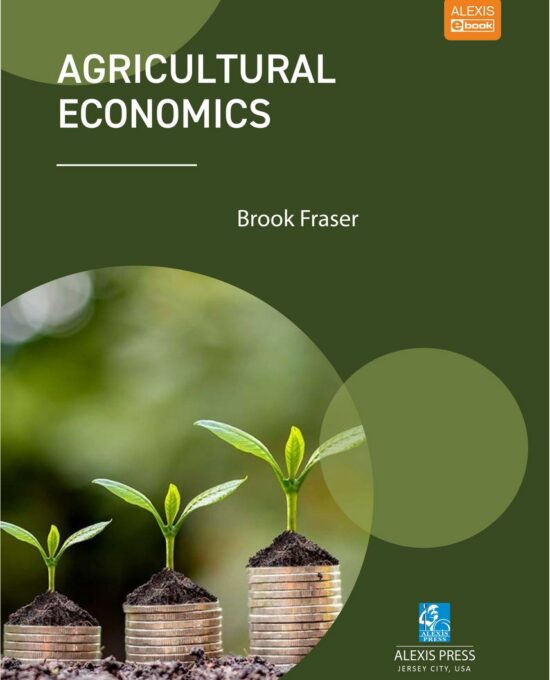

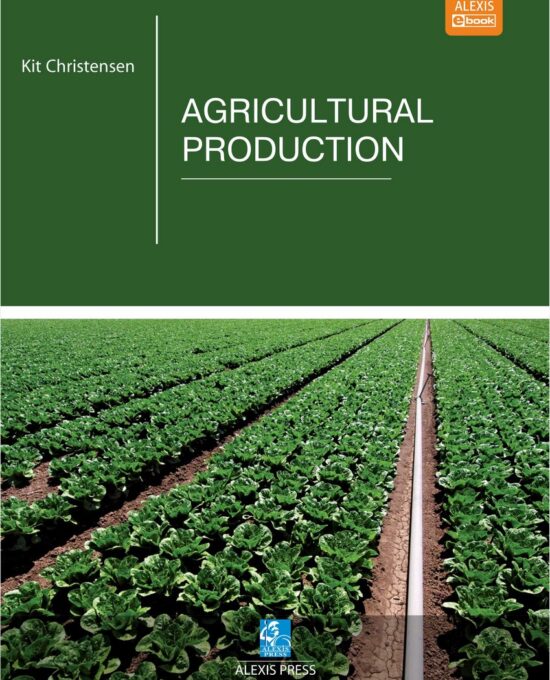
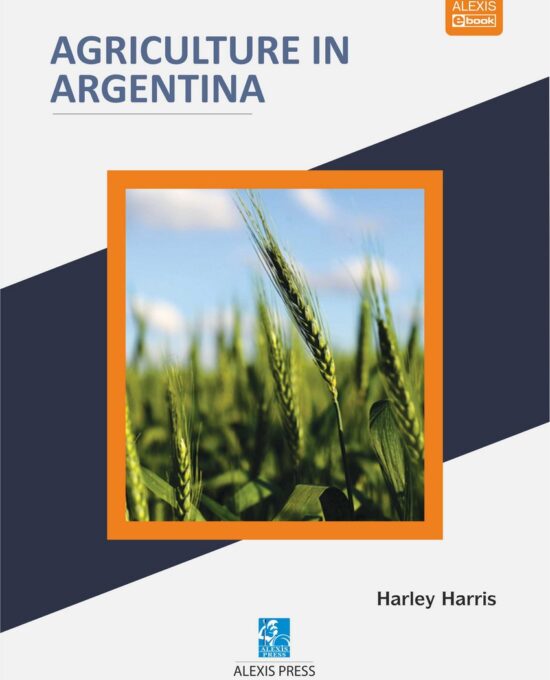
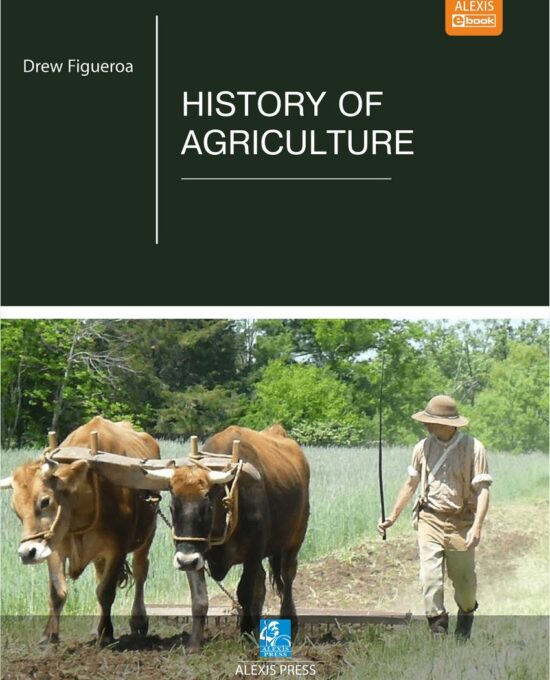
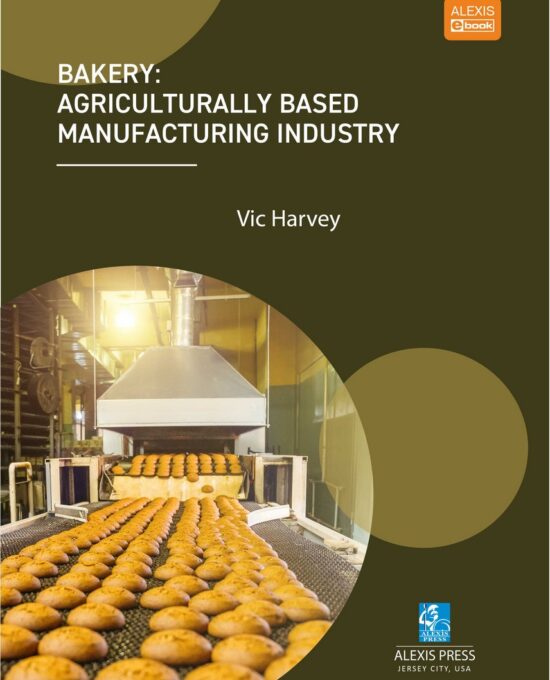
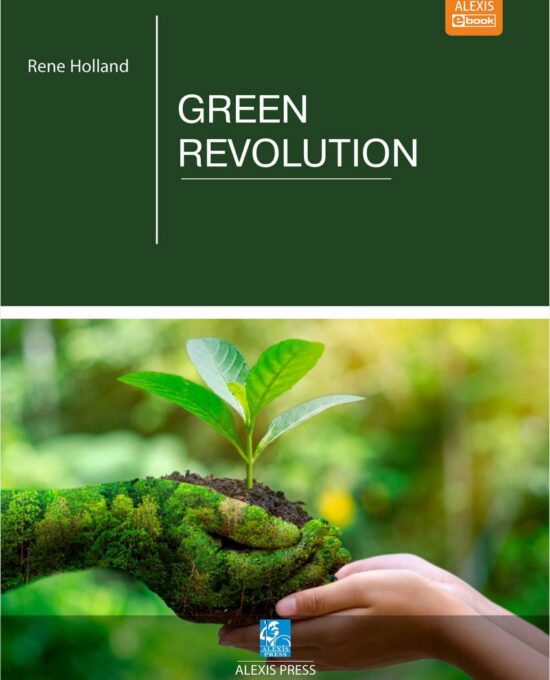
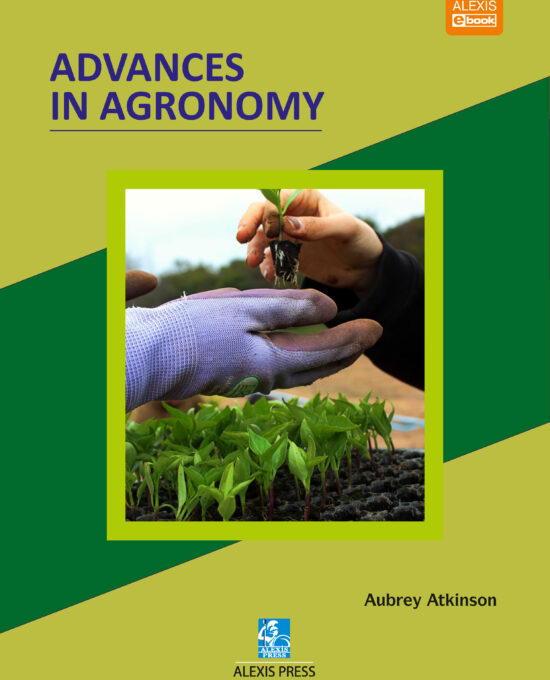
Reviews
There are no reviews yet.